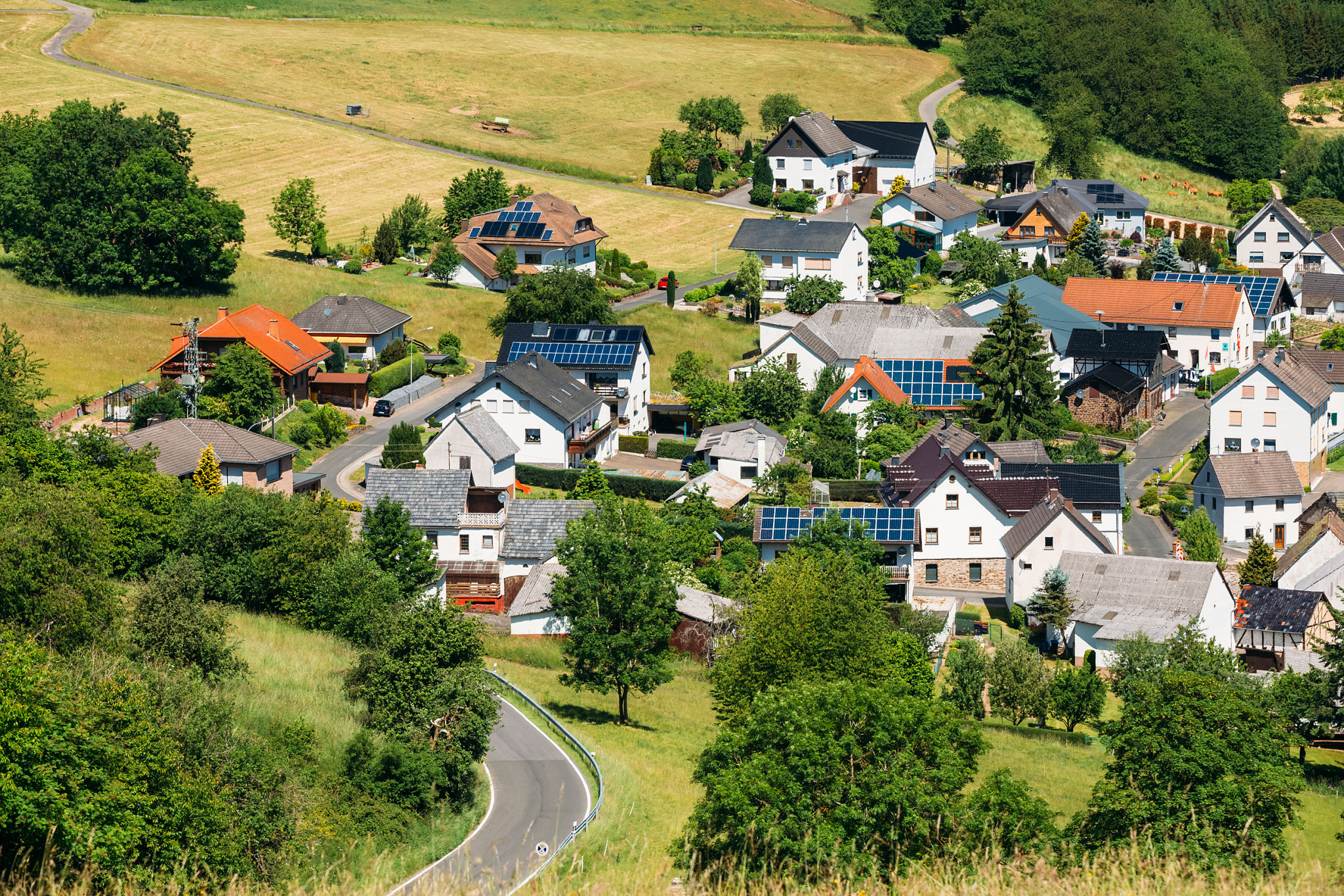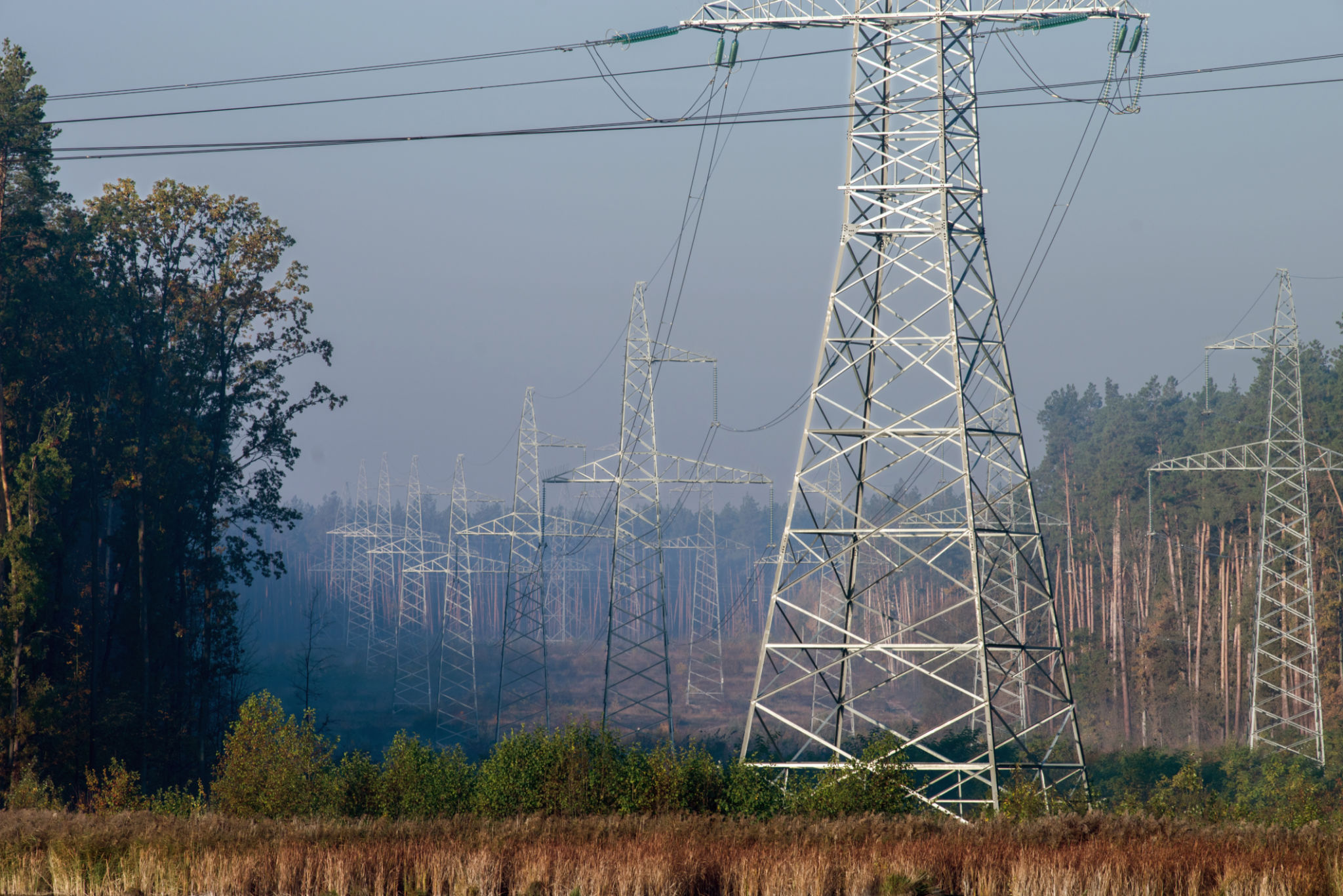Myths vs. Realities: Solar Power in Rural Cameroon
Understanding Solar Power in Rural Cameroon
Solar energy has become a pivotal topic in the discourse about sustainable development, particularly in regions like rural Cameroon. As with many transformative technologies, solar power is surrounded by a mix of myths and realities. Understanding these can help communities make informed decisions about energy solutions.

Myth: Solar Power is Too Expensive
One of the most pervasive myths about solar power is its perceived cost. Many believe that installing solar systems is prohibitively expensive for rural areas. However, the reality is quite different. Thanks to technological advancements and increasing competition in the solar industry, prices for solar panels and systems have significantly decreased over the past decade.
Moreover, various governments and non-profit organizations offer subsidies and financial assistance programs aimed at making solar power more accessible to rural communities. These initiatives help reduce upfront costs, making solar a viable option for many households.
Reality: Solar Power Can Improve Quality of Life
In areas where access to the national grid is limited or non-existent, solar power provides a reliable alternative. It enables communities to have consistent electricity, which can power essential services and contribute to improved quality of life. With solar energy, schools can extend learning hours, healthcare facilities can store vaccines safely, and businesses can operate beyond daylight hours.

Myth: Solar Panels Require Constant Maintenance
Another common misconception is that solar panels demand frequent and costly maintenance. In truth, solar panels are designed to be durable and require minimal maintenance. Regular cleaning to remove dust and debris is typically sufficient to keep them functioning optimally.
Additionally, most solar systems come with warranties that cover any defects or issues for several years, providing peace of mind to users and ensuring long-term reliability.
Reality: Solar Power Contributes to Environmental Sustainability
Unlike fossil fuels, solar power is a clean energy source that reduces carbon emissions and environmental impact. This reality is particularly pertinent in rural Cameroon, where deforestation for firewood is a significant concern. By transitioning to solar energy, communities can help preserve their natural resources and biodiversity.

The Future of Solar Energy in Rural Cameroon
The future of solar power in rural Cameroon looks promising. With ongoing technological advancements and supportive policies, the barriers to adoption continue to decrease. As more communities embrace solar energy, the potential for economic growth and improved living standards becomes increasingly achievable.
It is essential for stakeholders, including government bodies, NGOs, and private companies, to continue their efforts in raising awareness and providing resources that facilitate the transition to solar power.
Conclusion
Solar power holds immense potential for transforming rural Cameroon by offering a sustainable and reliable energy solution. By debunking myths and understanding the realities, communities can make informed decisions that pave the way for a brighter and more sustainable future.
